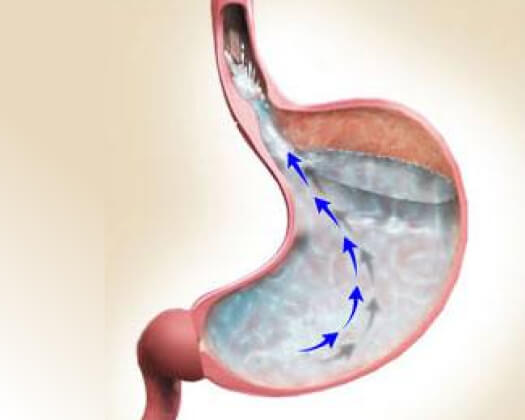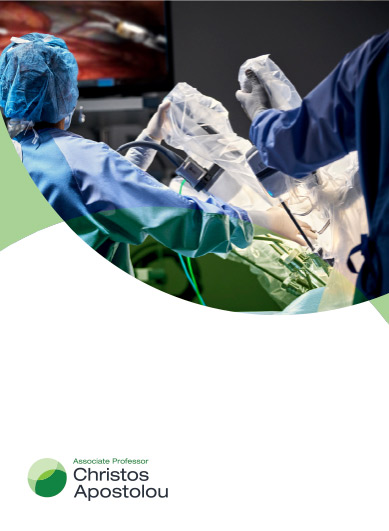Summary
Gastric reflux surgery, also known as anti-reflux surgery or fundoplication, is an effective treatment for chronic gastroesophageal reflux disease (GORD). GORD occurs when stomach acid repeatedly flows back into the esophagus, causing irritation, discomfort, and long-term complications. This procedure is designed to strengthen the lower esophageal sphincter (LES) and prevent acid reflux by wrapping the top part of the stomach around the lower esophagus.




